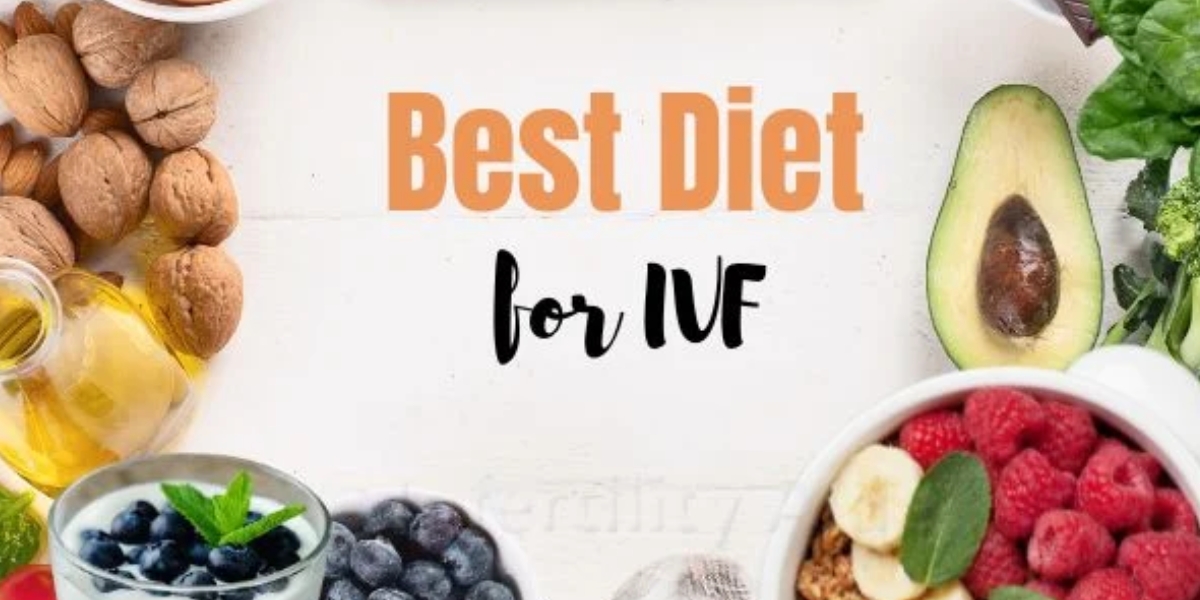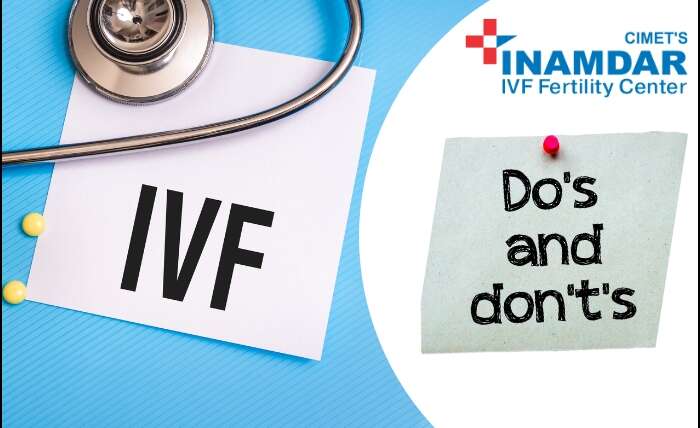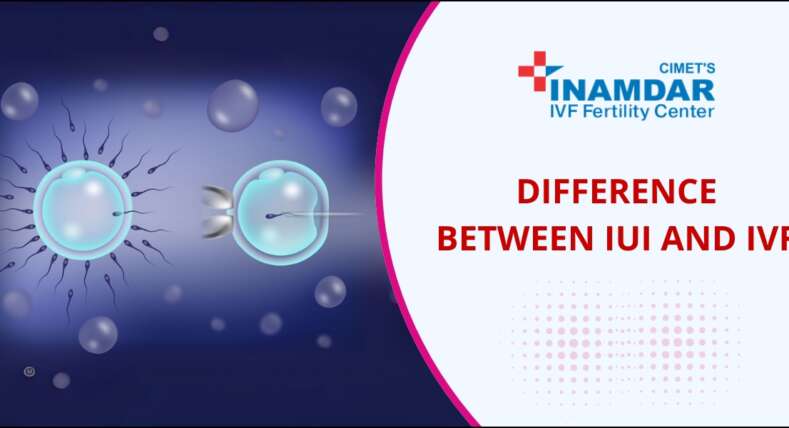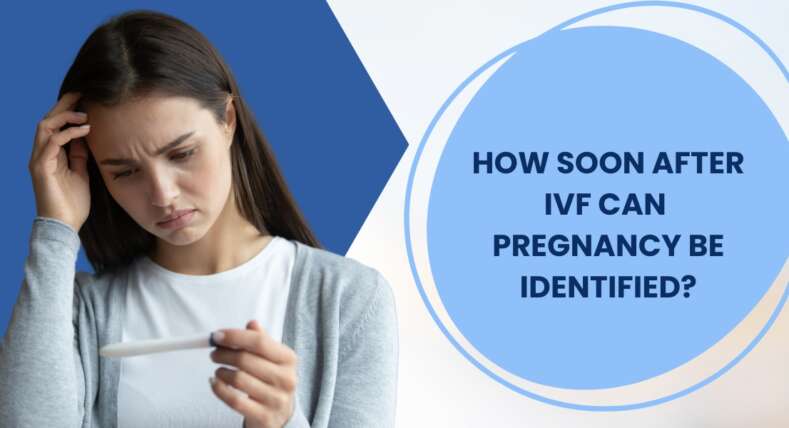What Diet Should You Follow For a Successful IVF?
In vitro fertilization (IVF) is a significant medical procedure and an emotional journey for many couples. When undergoing IVF, optimizing every factor that might improve success rates is essential. One area that has shown promise in supporting IVF success is diet and nutrition.
Why Nutrition is Important for IVF Success
A balanced, nutrient-dense diet helps in two key ways: it enhances overall health, and it directly impacts reproductive health. Nutrients play a critical role in egg quality, hormone production, and even the endometrial lining, which is essential for embryo implantation. By focusing on a fertility-boosting diet, couples can support the IVF process and potentially improve their chances of success.
Essential Nutrients for a Fertility-Friendly Diet
1. Protein-Rich Foods
Protein is a fundamental building block for cell repair and hormone production, both of which are crucial during IVF treatment. Incorporating lean meats, eggs, fish, legumes, and tofu into your diet can provide essential amino acids to support cellular health and hormone balance.
- Eggs are particularly beneficial due to their high choline content, which supports brain development in early pregnancy.
- Fish, such as salmon and trout, are excellent sources of protein and contain omega-3 fatty acids that reduce inflammation and support a healthy reproductive environment.
2. Healthy Fats
Healthy fats, particularly omega-3 fatty acids, are linked to improved fertility and support the reproductive system. Foods rich in omega-3s include fatty fish (like salmon and sardines), walnuts, chia seeds, and flaxseeds.
Omega-3s play a crucial role in reducing inflammation, which can positively affect egg quality and embryo implantation. Including moderate amounts of healthy fats can also help balance hormones and support a healthy endometrial lining.
3. Complex Carbohydrates
Complex carbohydrates, such as whole grains, vegetables, legumes, and fruits, are vital for stabilizing blood sugar levels. Unlike refined carbs, complex carbs release energy slowly, helping to maintain a healthy weight and stabilize insulin levels, both of which are essential for fertility.
- Whole grains, like quinoa, brown rice, and oats, are high in fiber, vitamins, and minerals that benefit reproductive health.
- Leafy greens and other high-fiber vegetables support detoxification processes, which are essential for hormone balance.
4. Antioxidant-Rich Foods
Antioxidants help protect cells, including eggs and sperm, from oxidative stress. Oxidative stress can impact reproductive health and may lower IVF success rates. Including antioxidant-rich foods in your diet can enhance fertility by safeguarding reproductive cells.
- Berries, such as blueberries, strawberries, and raspberries, are high in antioxidants like vitamin C and flavonoids.
- Dark leafy greens, such as spinach and kale, contain antioxidants like vitamin E, which support cell health and hormone balance.
5. Iron-Rich Foods
Iron is crucial for maintaining optimal reproductive health and preventing anemia, a common condition among women of reproductive age. Ensuring adequate iron intake supports blood flow to the uterus, which can aid in embryo implantation.
- Red meat, beans, lentils, and fortified cereals are excellent sources of iron.
- For optimal iron absorption, pair iron-rich foods with vitamin C-rich foods, such as oranges or bell peppers, which enhance iron bioavailability.
6. Folate-Rich Foods
Folate, or vitamin B9, is a well-known nutrient for women trying to conceive and is especially critical for women undergoing IVF. Folate helps prevent neural tube defects and supports DNA synthesis, making it essential during the early stages of pregnancy.
- Leafy green vegetables, oranges, fortified cereals, and legumes are high in folate.
- Taking a folate supplement or a prenatal vitamin with folic acid may also be recommended to ensure adequate intake.
Foods to Avoid During IVF Treatment
Certain foods and substances may negatively impact fertility and IVF success. Limiting or avoiding these foods can create a healthier internal environment and enhance your body’s ability to support a successful pregnancy.
1. Refined Sugars and Processed Foods
Refined sugars and processed foods can cause blood sugar spikes, leading to hormonal imbalances that may interfere with fertility. Consuming these foods frequently can contribute to inflammation, which is detrimental during IVF.
- Avoid sugary beverages, packaged snacks, and processed baked goods.
- Focus instead on natural sweeteners, like honey or maple syrup, in moderation.
2. High-Mercury Fish
Fish is generally a healthy addition to a fertility-focused diet, but some types contain high mercury levels, which can harm reproductive health. High-mercury fish to avoid include swordfish, king mackerel, tilefish, and some types of tuna.
- Opt for low-mercury fish, such as salmon, sardines, and trout, which provide omega-3s without the risk of mercury exposure.
3. Alcohol and Caffeine
Studies suggest that alcohol and caffeine consumption may negatively impact fertility and IVF success rates. While complete abstinence may not be necessary, limiting alcohol and caffeine intake can create a more favorable environment for conception.
- Limit caffeine to less than 200 mg per day, which is roughly one cup of coffee.
- Abstain from alcohol entirely or limit it to occasional, small amounts.
4. Trans Fats
Trans fats are known to increase inflammation and interfere with insulin sensitivity, both of which can negatively impact fertility. These unhealthy fats are found in many fried foods, baked goods, and processed snacks.
- Avoid foods like margarine, fast food, and packaged baked goods.
- Focus on healthy fats, like olive oil, avocado, and nuts.
Sample Fertility Diet Plan for IVF Success
Creating a balanced diet plan can be challenging, but here’s a sample day that focuses on the nutrients essential for fertility.
Breakfast
- Oatmeal topped with berries, chia seeds, and a drizzle of honey
- One serving of Greek yogurt for additional protein
Lunch
- Grilled salmon with a side of quinoa and steamed leafy greens
- A mixed vegetable salad with olive oil and lemon dressing
Snack
- A handful of almonds and walnuts for healthy fats and protein
- Sliced carrots and bell peppers with hummus
Dinner
- Lentil soup with a side of whole-grain bread
- Roasted vegetables like sweet potatoes, carrots, and broccoli
Evening Snack
- A small serving of berries or orange for antioxidants and vitamin C
The Role of Hydration in IVF Success
Staying hydrated is a key component of a fertility-focused lifestyle. Water is essential for blood circulation, nutrient transport, and the elimination of waste products from the body. Drinking at least eight 8-ounce glasses of water daily can support a healthy reproductive system and improve the chances of successful embryo implantation. Avoid sugary beverages and limit caffeine to maintain optimal hydration levels.
Supplements to Support Your IVF Journey
In addition to a well-rounded diet, specific supplements may provide an added boost for IVF success. Consult your fertility specialist before starting any new supplements.
- Prenatal Vitamins: These provide essential nutrients, including folate, iron, and vitamin D.
- Coenzyme Q10 (CoQ10): This antioxidant is known to support egg quality.
- Omega-3 Fatty Acids: Often available in fish oil capsules, omega-3s support reproductive health and reduce inflammation.
Optimizing your diet before and during IVF can create a supportive environment for conception, improve embryo quality, and support a healthy pregnancy. By focusing on whole foods rich in essential nutrients, such as proteins, healthy fats, complex carbs, antioxidants, iron, and folate, you can enhance your fertility and overall health.
For individuals seeking expert fertility care, Inamdar IVF Center in Pune provides complete support throughout the IVF journey. With a focus on personalized treatments and advanced technology, the center offers evidence-based dietary and lifestyle guidance to enhance IVF success rates.




